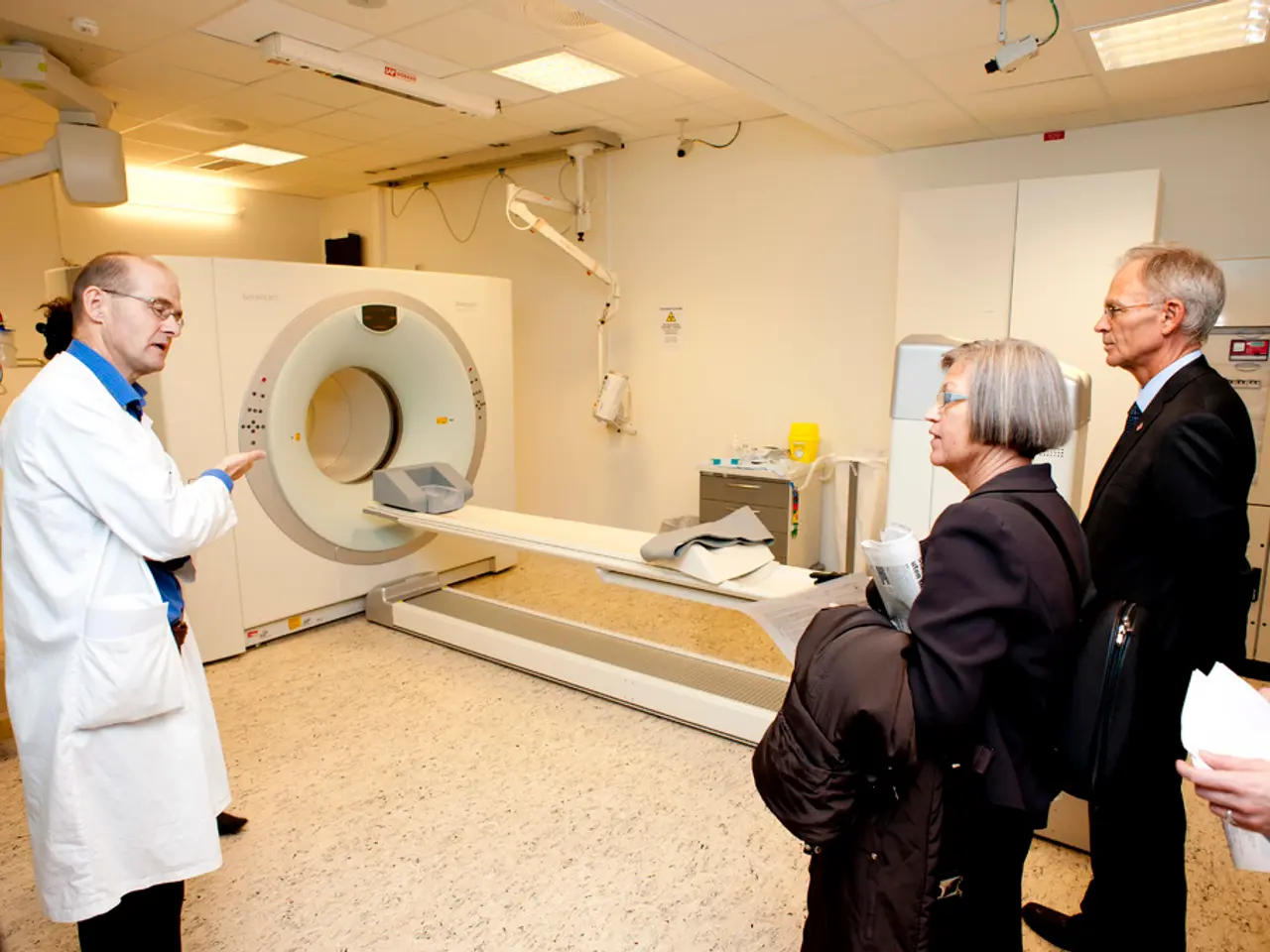Intensified outbreak of Mycoplasma pneumonia in Latvia
In the wake of the Covid-19 pandemic, containment measures have remained in place for another respiratory illness – Mycoplasma pneumoniae. This bacterial disease, which has seen a resurgence with increased force, is becoming a growing concern in various parts of the world, including Asia and Europe, according to Professor Alvils Krams, chief specialist in pneumonology at Riga East Clinical University Hospital (RAKUS).
The treatment for adult patients with home-acquired pneumonia due to Mycoplasma pneumoniae differs from the usual treatment. Unlike common antibiotics like amoxicillin, which are ineffective against Mycoplasma pneumoniae, effective antibiotics include macrolides, tetracyclines, and fluoroquinolones.
Macrolides, such as azithromycin, are often the primary treatment, especially in children. Tetracyclines, like doxycycline, have shown significant efficacy, including in severe cases and in macrolide-resistant strains. Doxycycline can shorten fever duration and improve clinical outcomes. Fluoroquinolones are also recommended options, particularly when resistance to macrolides is present.
In severe cases of Mycoplasma pneumoniae pneumonia, adjunct therapies such as glucocorticoids (e.g., methylprednisolone) may be combined with antibiotics like azithromycin to manage inflammation and improve outcomes. However, the choice of antibiotics remains critical.
The increase in the incidence of Mycoplasma pneumoniae has led to an increase in the number of hospitalized patients. Zaiga Kravale, the Acting Head of the Centre for Lung Diseases at Pauls Stradins Clinical University Hospital (PSKUS), explained that patients with Mycoplasma pneumoniae can continue to get sick and require hospitalization.
Polymerase chain reaction can detect the presence of Mycoplasma pneumoniae in a hospital within a few hours. However, outpatient test results are not available quickly. Currently, one patient with Mycoplasma pneumoniae is being treated in the Intensive Care Unit at the Centre for Tuberculosis and Lung Diseases.
It's worth noting that Mycoplasma hides in other cells and is an airborne droplet infection that is more prevalent in closed collectives, such as schools or childcare facilities. Mycoplasma is a small, atypical micro-organism.
Penicillin group antibiotics are not effective against Mycoplasma when treating pneumonia. Recovery from Mycoplasma pneumoniae is a slow process.
As the number of cases continues to rise, it's essential to stay informed and follow public health guidelines to protect ourselves and others. Consult with a healthcare professional if you or someone you know exhibits symptoms of respiratory illness.
- Europe, like Asia, is experiencing an increase in cases of Mycoplasma pneumoniae, a resurging bacterial disease, according to Professor Alvils Krams.
- CBD, a topic often associated with mental health and wellness, may offer potential benefits in managing symptoms related to chronic diseases, but further research is needed regarding its effectiveness against Mycoplasma pneumoniae.
- Nutrition plays a crucial role in boosting our immune system, helping the body combat and recover from respiratory conditions like Mycoplasma pneumoniae.
- Fitness and exercise can help improve overall health, including cardiovascular health, which is essential for managing chronic diseases like Mycoplasma pneumoniae and other respiratory conditions.
- While antibiotics are vital in treating Mycoplasma pneumoniae, focusing on health and wellness, including proper nutrition, fitness, and addressing mental health concerns, can contribute to a more holistic approach to maintaining health and preventing diseases like Mycoplasma pneumoniae.




